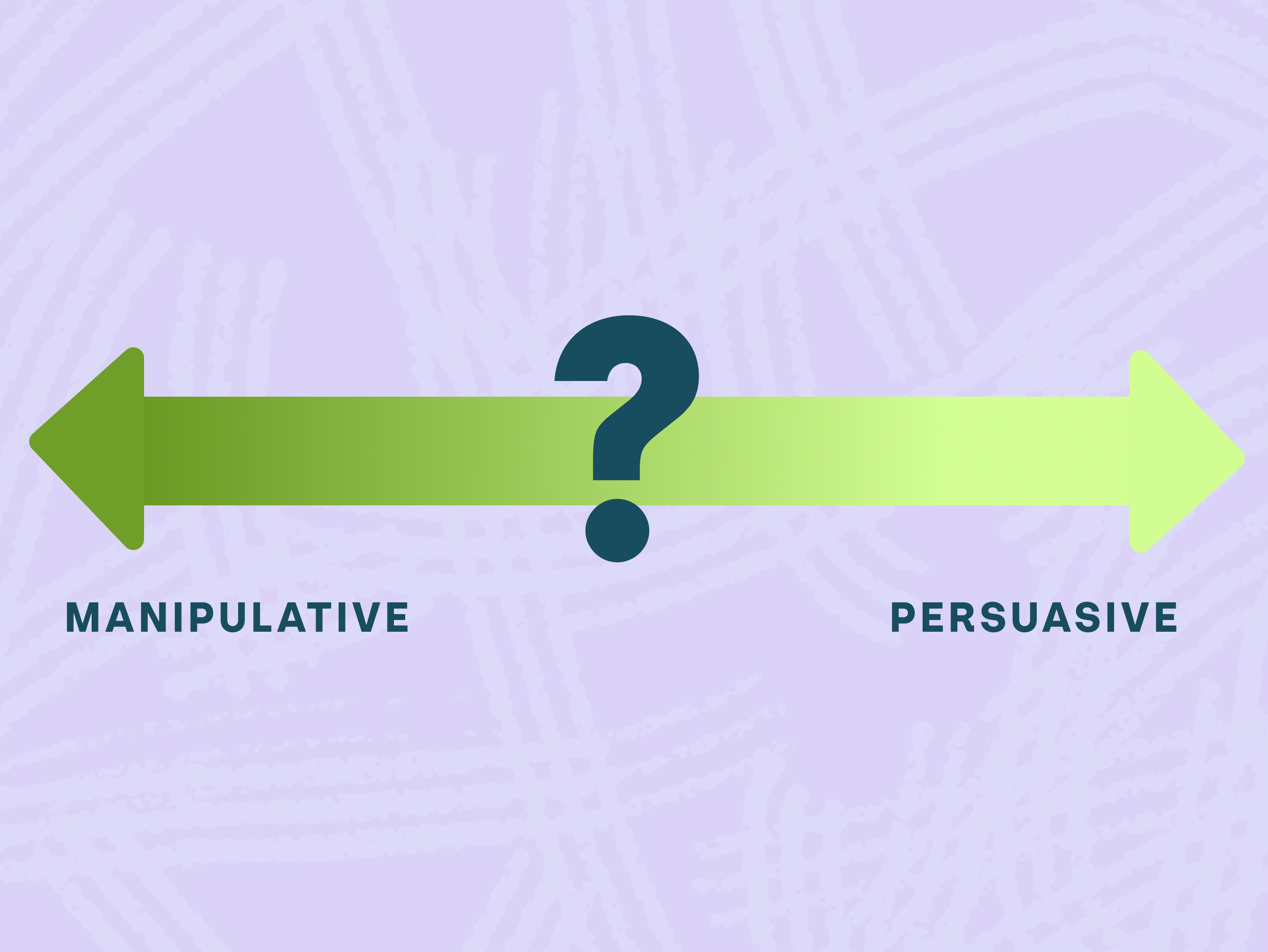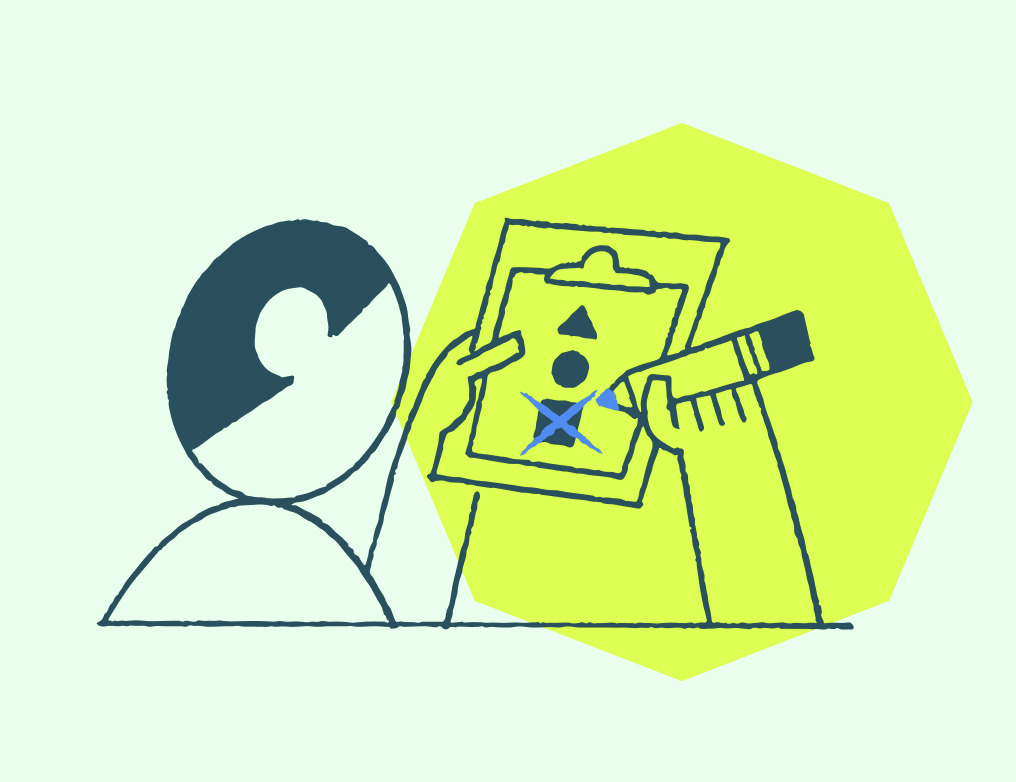AMA: Why is research so important to guide design and product decisions?
Research is so essential for answering product decisions and for determining what to do next.
I think most people think of research as primarily—how do we answer what user expectations are? How do we meet their need? Which certainly is a primary objective. But the other piece is how do we meet our actual business objectives and KPIs and how does research actually tie into that?
I think at its core, research really exists to help a product and a company meet its potential by answering the really tough questions, the risky assumptions where you have ambiguity and don't really know.
I think at its core, research really exists to help a product and a company meet its potential by answering the really tough questions, the risky assumptions where you have ambiguity and don't really know.
I think sometimes people lose the idea that there are different kinds of research and they have different purposes. You might use research to generate new ideas. You might use research to really understand the user psychology, what they're motivated by, how they make decisions, how they're segmented into different groups, and who we might win with.
You also can use research to evaluate an experience, evaluate an audience, or evaluate an assumption. And so from that, you can start to learn, how might we improve customer acquisition cost? How might we increase conversions? How might we improve this experience so that we can retain our subscribers and our users?
If you think about the two different parts and pieces, they can help paint the path forward. They can help you learn where to improve. But overall, the goals are frequently how do we mitigate risk? Because if we know the answers to, “if we do this, we have a good degree of confidence this might happen.”
And by learning more about our user, we can create a better experience for them and then reach our potential and be able to prioritize what we do next, and in what order.
And by learning more about our user, we can create a better experience for them and then reach our potential and be able to prioritize what we do next, and in what order.
Check out our Ultimate Guide to UX Research & Product Design Services
Looking for insights for healthtech product leaders, delivered to your inbox every few weeks? Sign up for our newsletter.
Currently exploring
UX Mastery



.svg)
.svg)
.svg)
.svg)
.svg)
.png)


.svg)

